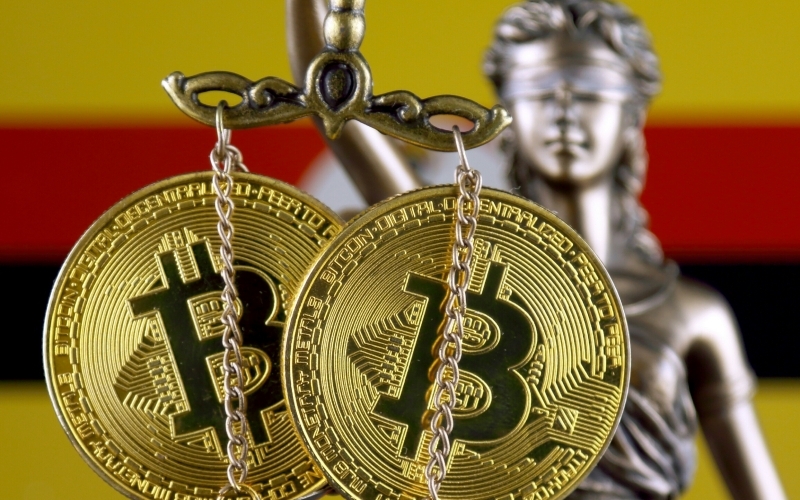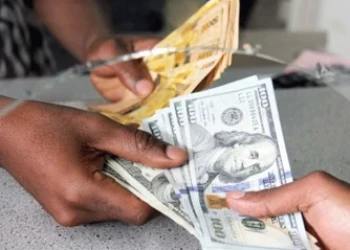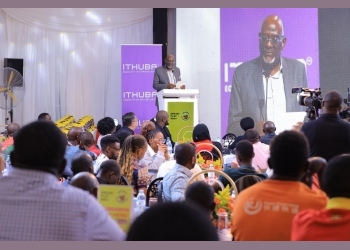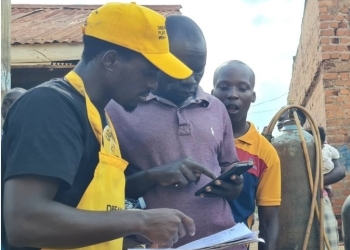
“This is to advise that Bank of Uganda has not licensed any institution to sell cryptocurrencies or to facilitate the trade in crypto-currencies. This is in line with the official government position as communicated by the Ministry of Finance, Planning and Economic Development in October 2019,” wrote Andrew Kawere, the acting director of the national payments system in a circular dated April 29. This was written in a bid to curb the growth in popularity of crypto currencies in the country.
The stern warning was to push payment providers to stop dealing with crypto exchanges as a way to slow down adoption by the people. The claim is that these currencies have exposed people to risky investments and Ponzi schemes.
What is Crypto?
A cryptocurrency, crypto-currency, crypto, or coin is a digital currency designed to work as a medium of exchange through a computer network that is not reliant on any central authority, such as a government or bank, to uphold or maintain it.
Cryptocurrencies instead use a decentralized system to record transactions and issue new units.
All transactions are verified and recorded on a secure digital ledger called a blockchain.
Cryptocurrencies have been around since 2009 when Bitcoin, the first and most popular one was founded. Many other cryptocurrencies have since been created with over 18,000 in existence as of March 2022.
Other popular ones include Ethereum, Litecoin and Ripple. Each currency has its strengths and weaknesses regarding use cases. Some are great because they are widely accepted and others sit on great blockchains (the ledger I mentioned earlier) that can be used for contracts, deeds, etc.
Is Crypto Safe?
A cryptocurrency is simply a medium of exchange just like any other physical currency (money), precious metals like gold and silver or even cowry shells. It is important that one first and foremost understands this.
It is, therefore, prone to the same issues the other mediums have, to varying degrees of course.
Like money, it can gain or lose value, it can be stolen, it can facilitate illegal activity, and fake ones also do exist (One coin is a great example of a fake cryptocurrency). So the same care must be taken when buying and indeed securing your cryptocurrency that you would for US dollars, Euros or Gold.
What about Crypto Scams?
There are two main ways a crypto scam can happen.
The first is one where an alleged cryptocurrency is sold to people and the sellers who are often the creators disappear. This happened with One coin. It operated more like a Ponzi scheme than an actual currency. A US warrant was filed for the arrest of the founder, Ruja Ignatova, but she is still at large and her whereabouts are unknown.
The second is a scam that is facilitated by a known and widely accepted cryptocurrency for example Bitcoin or USDT. Without the existence of crypto, these would’ve still taken place but using fiat currencies as the medium of exchange. We, therefore wouldn’t really call this a crypto scam but we added it because crypto is the medium of choice. Many Ponzi schemes today use USDT because of its stability. A recent scheme was by a company called DF Company. Yes, the “company” is in the name. Users bought USDT and sent it to DF’s wallet and were promised high returns which as is often the case, they received but only for a while. A few weeks ago, the website, social media accounts and chat groups suddenly disappeared.
So yeah, just as is the case with fiat currencies, scams will always exist. We just need to be vigilant to avoid becoming victims.
Crypto in Uganda
As is the case all over the world, Ugandans have elected not to be left behind by the crypto boom. According to Reuters, Ugandans have received cryptocurrency worth the equivalent of about $4.8 billion between March 2019 and March 2022. That’s about 13% of GDP.
This surge in crypto adoption coupled with the inevitable scams that followed caught the attention of the Ministry of Finance and the central bank. They went ahead to warn of the dangers of crypto in a public statement.
Recently, the central bank took it a notch higher by restricting the ability to buy crypto via mobile money. It stopped payment aggregators from transacting with crypto exchanges. This they hope, will throttle its adoption by Ugandans hence reducing exposure to the risks involved.
Our view is a little different. As crypto continues its inevitable rise globally, Ugandans won’t want to miss out on the opportunities it brings. This means that the uptake will continue despite the restrictions. Currently, Banks are still allowed to transact with crypto exchanges and we reckon the majority of investors will shift to them.
It is also still possible to buy cryptocurrencies via exchanges that operate in other countries. The global and decentralised nature of these currencies means that they operate globally without restrictions.
A worry of the Ugandan government as well as others around the world is the use of crypto to facilitate criminal and terrorist activity. The anonymous nature and ease of transfer globally make it a perfect way to transfer money around the world. The crackdown however will push many of its illicit users further underground. Mobile money and bank accounts present a good opportunity for some monitoring and surveillance of the movement of funds to and from crypto exchanges. From the interview we had with Abel Namureba, the country manager of Yellow Card, the crackdown on these mediums will make it much more difficult to monitor and trace funds that are moved through crypto as they will go through multiple nodes abroad before they arrive in the country.
In the end, scams will always exist regardless of the modus operandi. It is up to us to educate ourselves and keep ahead. Check out Yellow Card’s crypto academy for an in-depth understanding of Cryptocurrency, the blockchain, as well as financial literacy.
Comments (0)
📌 By commenting, you agree to follow these rules. Let’s keep HowweBiz a safe and vibrant place for music lovers!












